BOJ-IMES special trialogue
Research at Central Banks
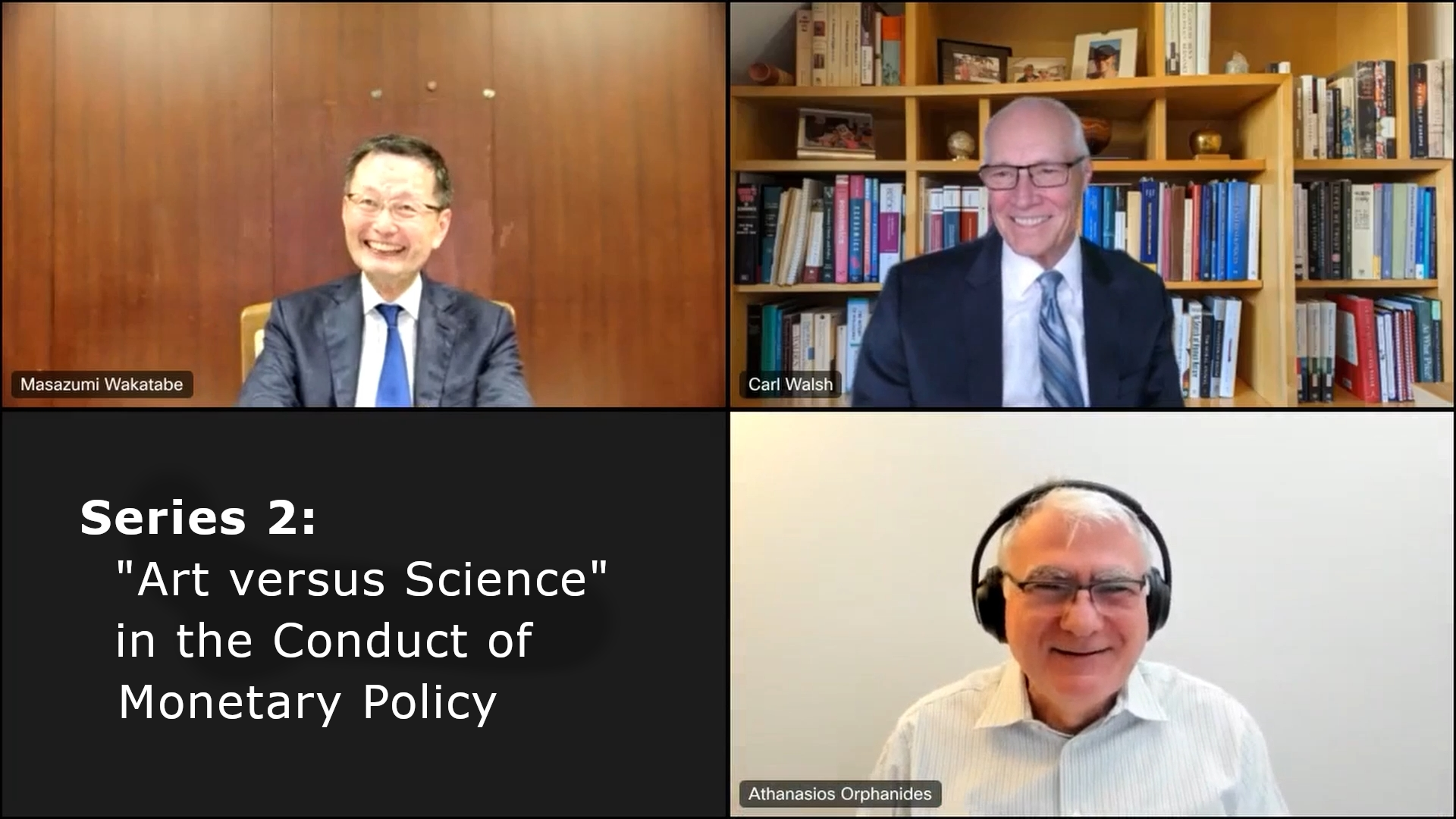
Series 2: "Art versus Science" in the Conduct of Monetary Policy
-
Series 1: Interactions between Central Banks and the Academic Community
-
Series 2: "Art versus Science" in the Conduct of Monetary Policy
-
Series 3: The Role of Central Bank Research for Communication
- To "Research at Central Banks" Top Page
The second series of the trialogue between Professor Walsh, Professor Orphanides and Deputy Governor Wakatabe starts with one of the most important and continuing debates about monetary policy: "Art versus Science" in the conduct of monetary policy.
Then, there followed discussions of various issues related to data: What data should central banks collect, how should these data be used, and what are the caveats we should be aware of.
In the face of uncertainty, "Science and Judgment" are important
Wakatabe (Deputy Governor of the BOJ) So far, we have talked about the complexity and uncertainty in monetary policymaking, and we have also had a rich and fruitful dialog between policymakers and academic economists.
These discussions naturally lead to an old-fashioned, but still lingering problem of "Art versus Science" in the conduct of the monetary policy. Do you have any thoughts on this?
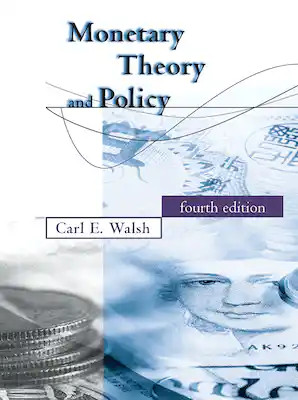
Walsh (University of California, Santa Cruz) I wrote a textbook, Monetary Theory and Policy, which is all about the science of monetary policy.[8] In it, I set out how central bankers should design and implement monetary policy in a world in which the channels through which policy affects economic activity and inflation are known, as are the sources of macroeconomic disturbances, the trade-offs faced by policymakers and the way conflicting objectives should be weighed.
But looking at recent history, Fed Chairs Bernanke, Yellen and Powell have faced the global financial crisis, uncertainty about the natural rates of interest and unemployment, and the COVID-19 pandemic, respectively. The art of policy — knowing how to apply insights provided by science to such new situations — is crucial to achieving good outcomes.
In 2001, I wrote a piece for the San Francisco Fed titled "The Science (and Art) of Monetary Policy."[9] I emphasized the same issues Athanasios mentioned earlier in this discussion, that is, there is a lot of uncertainty and the world is imperfectly known. So, you need good models, you need good science, but you need good judgment as well. And that judgment inevitably plays a role in monetary policy implementation.
In short, monetary policymaking must be based on firm science, but in the application, it’s not a cookbook process where you just follow the directions, because there are always going to be new things such as the financial crisis, COVID-19, war in Ukraine and disruptions of energy markets.
The implications of all those things are uncertain at the time and there is no model that would tell you exactly what you should do. In such cases, you need good people with good judgment.
Orphanides (MIT Sloan School of Management) So, Carl started with art and ended with judgment. That is very important because when I am asked about art versus science, I say, "No, I don’t really see art unless by art you mean judgment, because there are no other interpretations of art that have anything to do with good policy."
My basic position is that good public policy must be based on solid analytical foundations and measurement. There is no alternative and this effectively is what science is all about.
On the other hand, judgment is required in the situation when there is not enough data nor information to give clear guidance. In that situation, the policymaker by necessity must combine available pieces of information with his or her personal experience and knowledge and come to a good conclusion.
As Carl pointed out, we do not have a chance of ever figuring out how the economy and human beings work around us. Part of the determination of the system around us depends on how people behave, and there is no way we will be able to figure out how people behave sufficiently accurately. This is a tremendous disadvantage for us in public policy over physical scientists.
This is why we need to acknowledge that, however good our models are, there will be some irreducible uncertainty that we need to take into account. Because of the uncertainty involved, we just can’t measure everything precisely enough and so judgment remains important. So, this is my interpretation of the art and judgment component.
By the way, I wonder how the word "art" translates in Japanese to make sure we have the right concept. It’s often the case that translation is not one-to-one, so I hope the translation is closer to judgment, as we have just discussed.
Wakatabe In Japanese, we do have different words for art and judgment. So, I think the translation is not a problem here.
Usually, "art" has the connotation of "fine arts." But another connotation is "technique." We can say that judgment is an analysis with a foundation and more of a technique.

Professor
MIT Sloan School of Management
Orphanides Because of the uncertainty involved, we require judgment. But, I want to point out that we can even model judgment, as indeed Carl did very nicely. [10]
In some of this work, multiple competing models may describe the economy, but we are not sure which one applies best.[11] So, I would tell the policymaker, "Please use your priors to figure out how to weigh the different conclusions." And this is what we would call judgment.
Walsh That’s a good example because we have a lot of science about how to construct robust policies and how to make those evaluations. However, ultimately they do come down to an assessment of the probabilities of different models and that is really hard to assess.
In sum, the science can't give you the answer, but it can help you organize and think systematically about the policies as you come to make a decision.
Orphanides Some time ago, Carl mentioned how difficult it is to describe optimal policies. I even prefer to avoid the word "optimal" completely. For policy purposes, if I have a policy that I am fairly confident works well, this is very good. I will be very happy with that and I would not even try to get the optimum.
This is the concept of trying to understand what robust policies are. From a risk management perspective, judgment has to be brought in to identify the policy that would be more robust overall.
Wakatabe Based on our discussion, I think the better analogy is between science and technology, rather than between art and science. It's more effective to contrast the science and the engineering part of applying science to the real world.
Engineers have to deal with lots of uncertainties to actually build something that works robustly in a real world; so do policy staff at central banks. Central bank economists are expected to be good engineers.
<Next page: Central banks as the makers and users of datasets>
Central banks as the makers and users of datasets
Wakatabe Now, let's turn to data. The foundation of our policymaking and policy research lies in data. First, I'd like to ask about your thoughts on what kind of data central banks should collect and pay attention to?
Orphanides Lots and lots of thoughts. But, first let's look back a bit at the history of what central banks have been doing since their development.
Quite often, good data is being created inside central banks and new concepts are developed and measured inside central banks before they are done in other institutions. Why is that? Because inside the central bank, there is the recognition that there is no alternative to evidence-based policy and solid data are a requirement for good policy.
Let me give you an example from the United States. A price index for the whole country is essential for monetary policy, but when the Fed was created in 1913, there did not exist a useful price index for the U.S. overall. So, it was actually the Federal Reserve that started the creation of indices of industrial production as well as the price index. Later, the making of the price index was transferred to the Department of Commerce.
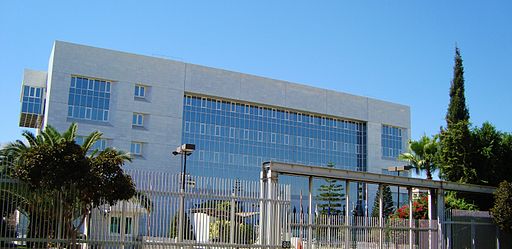
Another example is the creation of the euro area. There was no data on the euro area as a whole, it was just an abstract concept. So, in the early years of the ECB and even earlier (at the European Monetary Institute), quite a bit of effort was devoted to come up with data for the euro area that would be useful for policy.
My final example is an inflation-indexed bond. It is a very powerful and extremely useful instrument for central banks to infer market-implied expectations of inflation.[12] But, sometimes it requires creating the market; it may be necessary to encourage the treasury in the country that "It would be very useful if an instrument like this is being developed so that we can use the data later on."
As these examples show, there is a lot of data that can be useful for central banks.
Wakatabe That's great. How about you, Carl?
Walsh One of the areas of uncertainty for policymakers is what the state of the economy today actually is. In models, we assume that we know where we are and we just have to figure out where we want to go. But policymakers don't know exactly where they are at any moment of time.
So, I think more disaggregated data collected on a more frequent time frame can be very useful as an input to decision making. I think the weekly index of economic activity provided by the New York Fed is one good example.[13]
Orphanides Let me mention one more thing. As a broader definition of data, I would include survey data. This is an important area where more work needs to be done globally.
One of the most important elements in monetary policy is the measurement of expectations, particularly inflation expectations. But it's incredibly difficult to measure them. Expectations may differ among households and business and can vary with on a number of factors, for example consumption baskets and the available information set.
So, more and better surveys help the collection of meaningful and more useful information that can be important for the policy process.
Looking around the world, there has been some progress over the past 20 to 30 years as more and more survey data on inflation expectations become available, but it's not enough.[14] Given how important understanding inflation expectation is, this is one area where I would urge virtually all central banks around the world to allocate more resources.
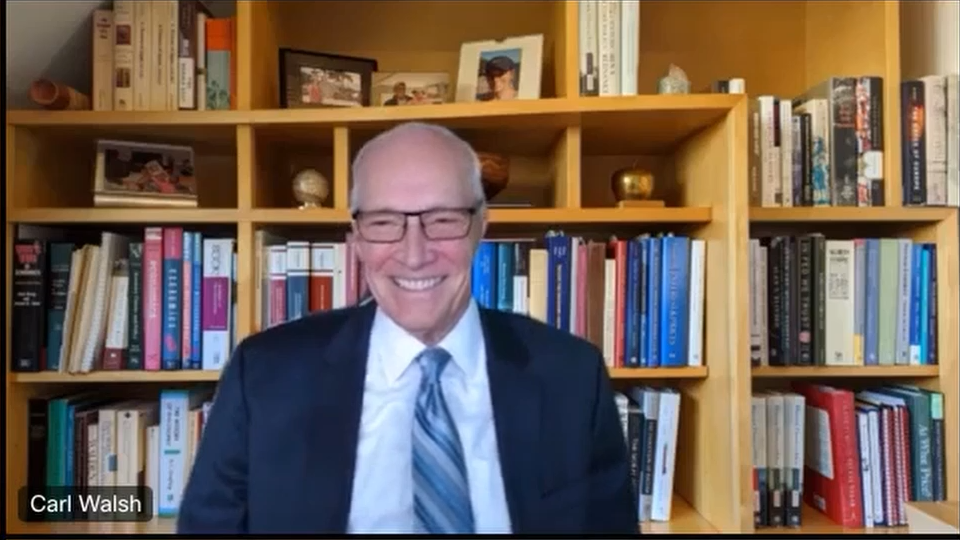
Distinguished Professor Emeritus
University of California, Santa Cruz
Walsh For another aspect from the policy perspective, we are really interested in the effects of monetary policy on intertemporal decisions of agents; how interest rates affect household and firm behavior, for example.
To this end, panel data are really needed and such datasets are increasingly available to track individuals over time. As those datasets get richer, they would be very useful for looking at a variety of important issues.
On the expectation side, survey data can give you a lot more than just the average expected inflation rate of the survey respondents. You can look at higher-order moments, dispersion, skewness and so on.
There is some evidence that if inflation expectations start becoming unanchored, it can show up first in skewness, for example. I think all of that information is very useful because there may be ways of using it to get a better handle on whether expectations are really staying anchored or not.
The more data, the better?
Wakatabe I totally agree with the importance of survey data on expectations.
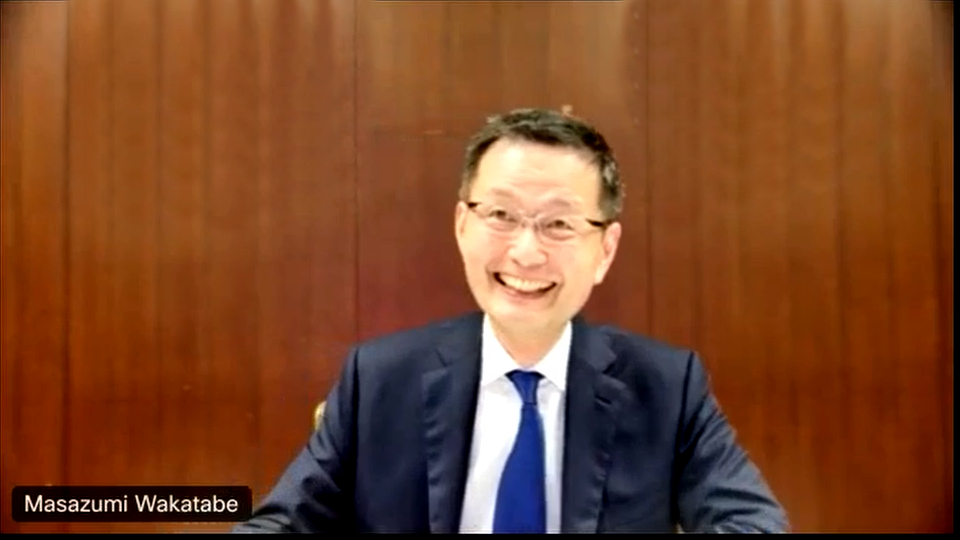
Deputy Governor
Bank of Japan
Besides surveys, we witness the ever-increasing availability of granular datasets and improving computational facilities. So, to a large extent, central banks may be able to pursue evidence-based policy when implementing monetary policy now. Any thoughts on this point?
Walsh It's clear that everyone agrees with the idea that the more data, the better. But, a real question is what data are going to contribute to useful knowledge. There are billions of microeconomic facts that you can uncover from data, but what are the useful ones?
As we have discussed, expectations are incredibly important and it's very important to have more information about expectations across different households and firms in the economy. And so, having some understanding of how firms are looking at things differently than households can be useful.
But the key question is whose expectations are important in terms of thinking about the development of the macro economy? Ultimately, the central bank's objectives are defined in terms of aggregates and so you have to think about how data helps us achieve our aggregate objectives.
There are many rich and useful datasets that applied microeconomists use to identify the outcomes of certain quasi-controlled experiments, but it's less clear how useful they are from a macro perspective. Indeed, it's a tough challenge to translate the implications of disaggregated differences in behavior into what they imply for the macro economy.
For example, understanding how workers respond to wages, or the wage elasticity of labor supply, is a really important parameter in all macro models. Of course, labor economists estimate lots of labor supply equations, but for good reasons, they are typically looking at controlled experiments where one group is affected and the rest of the population is not; it's like measuring what the response of taxicab drivers is to some change in the fee tariff.
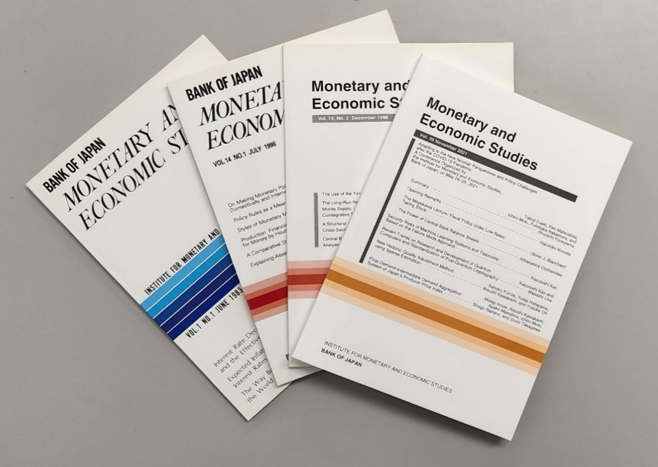
However, what matters for monetary policy is the macro wage elasticity. So, it's tricky to think about how to translate a lot of the applied micro empirical evidence into something relevant for macro aggregates.
Unfortunately, aggregation is very hard and we macroeconomists often write down a model of an individual household and just assume that somehow the same relationship holds at the aggregate level. There is not much theory to support that, so it's a very strong assumption.
This is why I think the use of micro and rich datasets can be more useful in terms of developing measures that will help guide policy, like what is the current state of the economy, or what's really going on with pricing developments.
Orphanides I want to point out another issue; we need to be very mindful that data collection is costly. So, it's not an activity that we should just throw a lot of resources at. There needs to be a cost-benefit analysis.
But as technology improves, data collection in many areas becomes cheaper and as a consequence, we have an improvement in some aspects of the data, say harvesting data on prices. I think we are not that far from the environment where we can have a daily measurement of prices, for example.
Walsh Speaking of measurement, another possible caveat is that the more frequently you sample data, the more noise you are probably getting relative to signal. In other words, more data is good, but you have to think carefully about how we can use this to gain knowledge that will be useful for policymakers.
Orphanides Right. We need to be aware of the imperfections in data. We have index theory, we have quality changes. There are measurement errors we need to be aware of. There is irreducible measurement error that we will not be able to control, but we can collect more data and make progress in this regard.
Wakatabe Thank you for those great suggestions. We have gained lots of insights into how we use theory, data, and judgment for better policymaking.
<Continue to Series 3: The Role of Central Bank Research for Communication >
Notes
- The first edition of this textbook was published in 1998 and the fourth and the latest edition in 2017. It has been one of the standard graduate school level textbooks of monetary economics. See Walsh, Carl E. (2017) Monetary Theory and Policy , fourth edition, MIT Press. [8]
- Walsh, Carl E. (2001) "The Science (and Art) of Monetary Policy," FRBSF Economic Letter, Federal Reserve Bank of San Francisco. [9]
- Walsh, Carl E. (2015) "Goals and Rules in Central Bank Design," International Journal of Central Banking, 11(supplement 1), 295-352. [10]
- See e.g., Levin, Andrew T., Volker Wieland, and John Williams (1999) "Robustness of Simple Monetary Policy Rules under Model Uncertainty" in John B. Taylor (ed.), Monetary Policy Rules, 263-318, University of Chicago Press. [11]
-
Indeed, there are a number of studies by central bank economists that extract information on market-implied expectations of inflation from inflation-linked government bonds. See e.g., D'Amico, Kim, and Wei (2018) for the U.S., and Hiraki and Hirata (2020) for Japan.
D'Amico, Stefania, Don H. Kim, and Min Wei (2018) "Tips from TIPS: The Informational Content of Treasury Inflation-Protected Security Prices," Journal of Financial and Quantitative Analysis, 53(1), 395-436.
Hiraki, Kazuhiro and Wataru Hirata (2020) "Market-based Long-term Inflation Expectations in Japan: A Refinement on Breakeven Inflation Rates," Bank of Japan Working Paper Series, No. 20-E-5. [12] - Weekly Economic Index (WEI) of the Federal Reserve Bank of New York is available at https://www.newyorkfed.org/research/policy/weekly-economic-index#/ [13]
-
See a recent comprehensive survey study on inflation expectations by Weber et al. (2022). For Japanese data and related research, see Adachi and Hiraki (2021). Weber, Michael, Francesco D'Acunto, Yuriy Gorodnichenk and Olivier Coibion (2022) "The Subjective Inflation Expectations of Households and Firms: Measurement, Determinants, and Implications," Journal of Economic Perspectives, 36(3), 157-184.
Adachi, Ko and Kazuhiro Hiraki (2021) "Recent Developments in Measuring Inflation Expectations: With a Focus on Market-based Inflation Expectations and the Term Structure of Inflation Expectations," Bank of Japan Research Laboratory Series, No.21-E-1. [14]

Carl E. Walsh is a Distinguished Professor of Economics Emeritus, University of California, Santa Cruz. Before joining the University of California, Santa Cruz, he served as a senior economist at the Federal Reserve Bank of San Francisco. His fields of research are monetary economics and central banking. He is the author of Monetary Theory and Policy (Fourth edition, MIT Press, 2017). He holds a Ph.D. in Economics from University of California, Berkeley. He served as an Honorary Adviser to the Institute for Monetary and Economic Studies, Bank of Japan between 2019 and 2022.

Athanasios Orphanides is a Professor of the Practice of Global Economics and Management at the MIT Sloan School of Management. From 2007 to 2012, he served as Governor of the Central Bank of Cyprus and was a member of the Governing Council of the European Central Bank. Following the creation of the European Systemic Risk Board in 2010, he was elected a member of its first Steering Committee. Earlier, he served as Senior Advisor at the Board of Governors of the Federal Reserve System, where he had started his professional career as an economist. His research interests are on central banking, finance, and political economy and he has published extensively on these topics. He holds undergraduate degrees in mathematics and economics as well as a Ph.D. in economics from MIT. He has been serving as an Honorary Adviser to the Institute for Monetary and Economic Studies, Bank of Japan since 2018.

Masazumi Wakatabe is a Deputy Governor of the Bank of Japan. Prior to joining the Bank of Japan, he was a Professor of Economics at the Faculty of Political Science and Economics at Waseda University from April 2005, and also a visiting scholar at the Center on Japanese Economy and Business of Columbia Business School from March 2017 to February 2018. He wrote extensively on economic crises such as the Great Depression, and his books include Japan's Great Stagnation and Abenomics, published in 2015. He holds a B.A. in Economics from Waseda University, and a M.A. in Economics both from Waseda University and from the University of Toronto.
- This trialogue was held in the mid November, 2022. The titles and information in this newsletter are as of the time of the trialogue.
- The views and opinions expressed in these newsletters are those of the speakers and do not necessarily reflect the official views of the organizations to which they are or used to be affiliated.
- " Cyprus central bank Nicosia Republic of Cyprus.jpg " (the picture of the headquarter of the Central Bank of Cyprus on page 2) by TourinNicosia is licensed under CC BY-SA 3.0 .